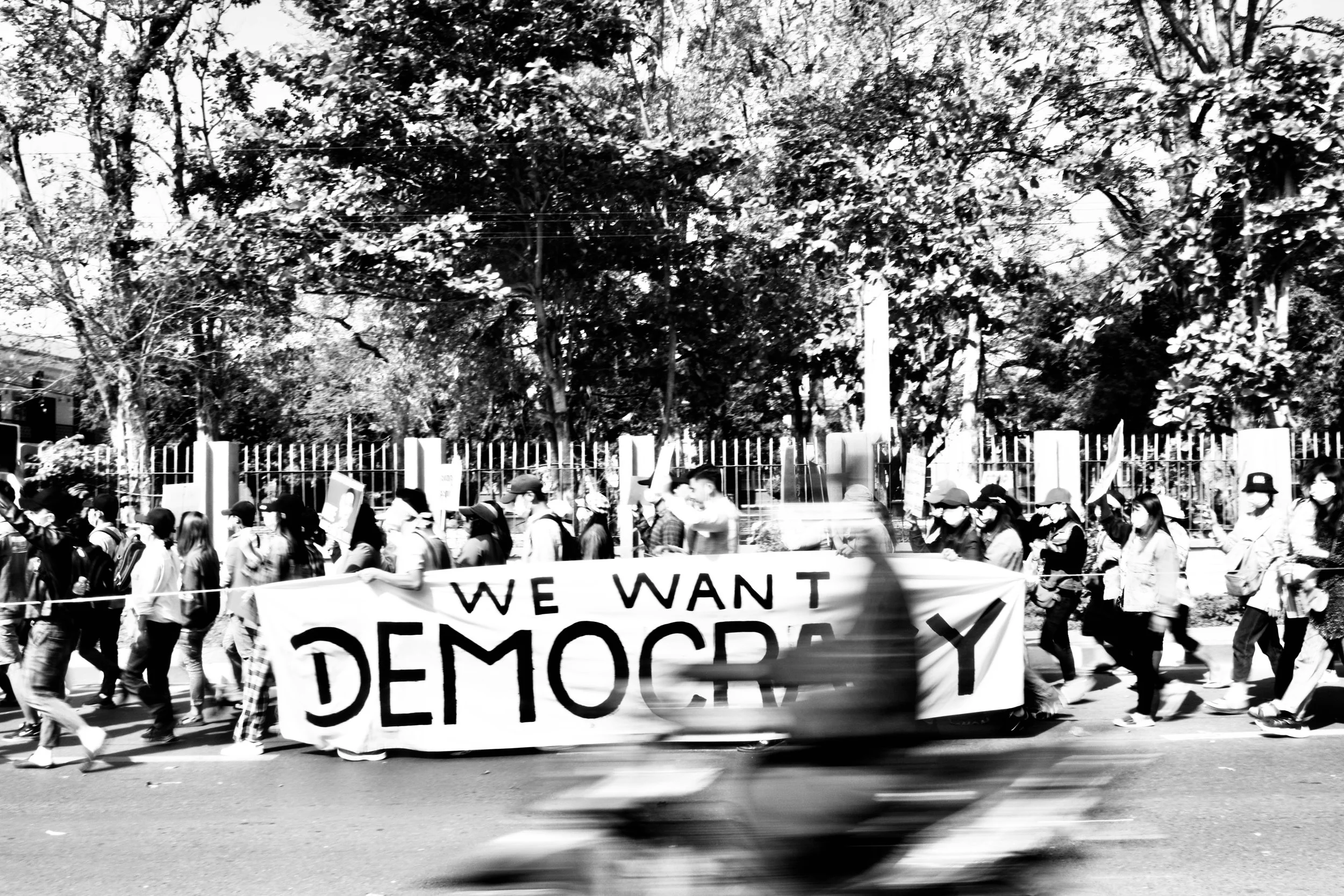Democratic institutions are under sustained pressure, and lawyers alone cannot meet this moment using familiar tools. Yet experiences from across Europe show that creative lawyering, broader coalitions, and public-centered communication can strengthen resilience. This study tour offers practical lessons for adapting democratic practice to today’s challenges.
Antibiotic resistance is a worsening global crisis, and livestock production plays a key role. Indiscriminate antibiotic use in animal agriculture fuels bacteria resistant to human medicines, threatening health and food systems, especially in low-income communities. With Tom Mahoney ALI ’24, Dr. Aleks Engel of Novo Holdings examines impacts and urgent solutions to safeguard people and the planet.
Dr. Myechia Minter-Jordan, CEO of AARP, shares insights on aging, equity, and purpose amid a historic demographic shift. In conversation with ALI Fellows Terry Edmonds ’21 and Mary Jo Meisner ’17, she explores the longevity economy, ageism, Social Security, and the role of policy, business, and communities in ensuring dignity and opportunity at every stage of life.
As the United States and its Western democratic allies scale back long-term support for core democratic institutions internationally, authoritarian regimes in crucial regions are using soft power tools to expand their influence and stall democratic progress. Former Georgian ambassador and Harvard fellow Khatuna Salukvadze outlines the challenge and recommends policies the West should adopt to meet this moment and reclaim lost ground.
False information spreads faster than truth on social media, and newsrooms across America continue to shutter at an alarming rate. Yet citizens aren’t helpless in democracy’s information crisis. By curating deliberate media diets, supporting local journalism, and advocating for anti-SLAPP protections, individuals hold real power to resist forces fracturing our shared reality.
Former Massachusetts Governor Deval Patrick reflects on leadership, equity, and rebuilding trust in America. In this powerful conversation with ALI Fellows Kevin Robinson ‘22 and Mary Jo Meisner ‘17, he shares lessons on race, gender equity, DEI, and civic renewal — reminding us that the American Dream thrives when communities act together.
As global supply chains face growing scrutiny, the textile sector is shifting toward greater responsibility. Vaude, a German outdoor company, is leading the way. Matthias Bosch (ALI ’23) speaks with CEO Antje von Dewitz on transforming supply chains and redefining responsible entrepreneurship.
As the world neglects the continuing threat of mpox, in West Africa the crisis remains severe. Sierra Leone recently reversed its surge of cases, but outbreaks have swept into other African countries. Fortunately, new digital tools give community leaders a fighting chance. Tom Mahoney (ALI ’24) interviews Dr. Pardis Sabeti and Colby Wilkason on turning science into grassroots action.
In a world facing the realities of climate change, education is one of society’s most powerful tools for action. SubjectToClimate (StC), founded by David Jaffe and Margaret Wang-Aghania, provides a free, innovative platform that helps K-12 teachers bring climate and sustainability literacy into classrooms, inspiring the next generation of leaders.
Climate change and rising authoritarian threats put our future at risk. Bill McKibben discusses his book Here Comes the Sun and explains how solar energy, local action, and civic engagement can drive climate solutions, defend democratic values, and inspire hope for a sustainable future.

















